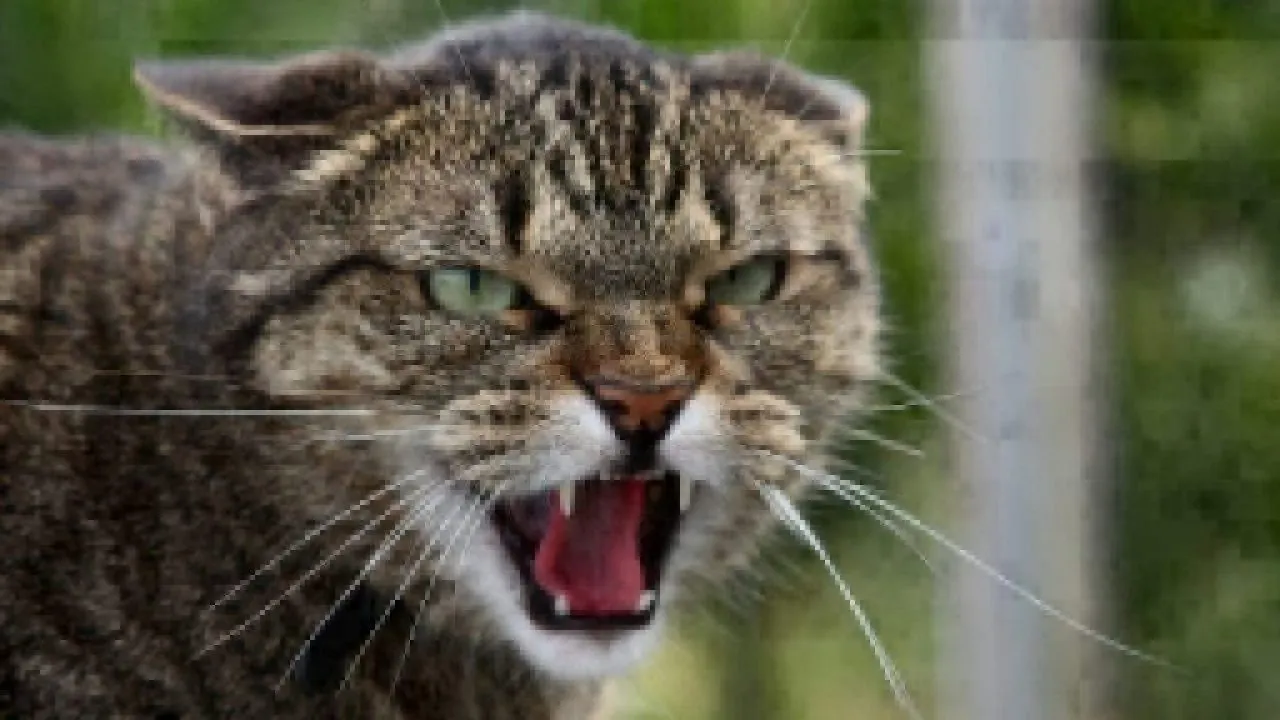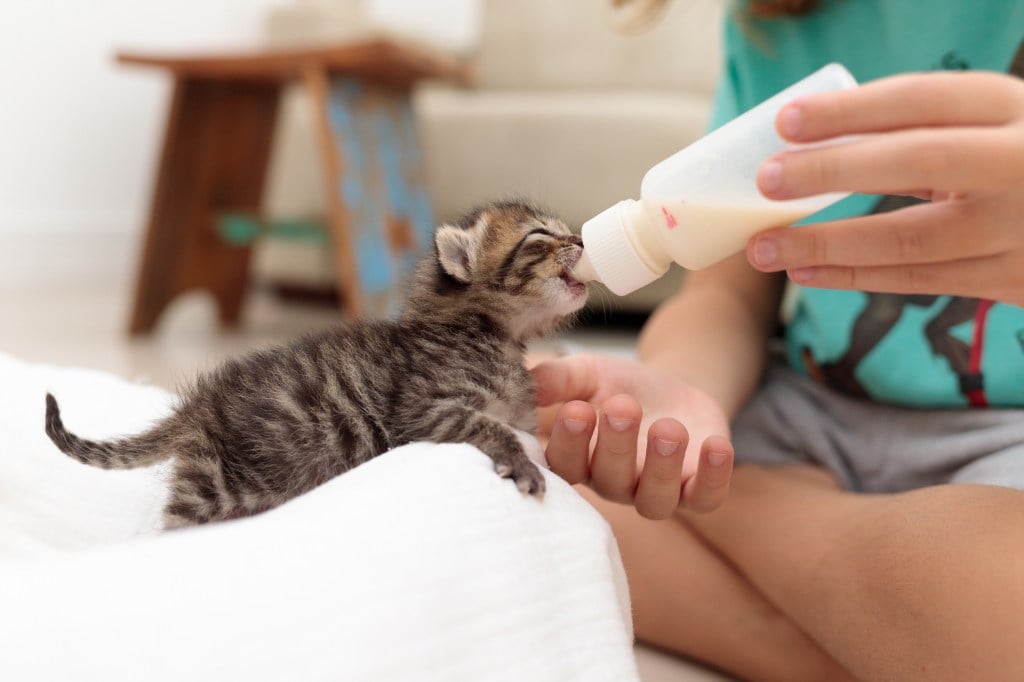Table of Contents
Key Takeaways
- Cats that live outside may suffer from bite wounds from neighborhood scuffles.
- Signs of a bite are blood and pus discharge, swelling, matted fur, and fever.
- Untreated bite wounds can cause an abscess and infection.
- Minor bites can be treated with hydrogen peroxide and gauze.
- Cats may require stitches and vet treatment for bites.
One of the most common conditions our kitten companions will often incur is various types of bite wounds. The classic situation is you may come across a wound on your cat that is the result of a bite from another animal, such as other cats or dogs in the household. Another common situation is often associated with if your cat lives permanently or semi-permanently outside, where they might get in the occasional scuffle with neighborhood felines or other outdoor animals.
Regardless of the cause, these fights can result in some nasty injuries, both from the trauma and associated infection. The mouth of both house cats other animals are not clean places and neither is the outdoors thus resulting in painful infections and possible health complications.
Common Causes for Bite Wounds on Cats
Bite wounds are caused by – you guessed it – bites from other animals. While it’s most often another cat that bites your pet, the occasional raccoon, rat, or possum bite isn’t unheard of.
Bite Wound Symptoms
With all that fur, it can sometimes be difficult to see the exact site of the bite. If your cat has been bitten, you may notice some non-specific signs first, such as a change in your cat’s overall behavior, limping on one or more limbs, or excessive grooming of the injured area. More signs that your cat may have a painful bite wound include:
- Pus and bloody discharge from the injury site
- Matted fur
- Heat or swelling
- If the bite is on a limb, your cat may limp due to pain
Ultimately, if you do notice a bite wound, it’s important to make an appointment with your veterinarian; feral and outdoor cats, as well as wild animals, can carry all sorts of communicable diseases, from rabies to other less severe infectious agents. Furthermore, if left untreated, the wound may form an abscess, or a large, painful lump filled with purulent material from severe bacterial infection.
If the wound is bleeding, apply gentle pressure with clean gauze or tissues to stop the bleeding on the way to the vet.
When to See Your Veterinarian
Since bite wounds are often even more complicated or extensive than what can be seen from the surface, it is recommended that almost every bite wound be examined by a veterinarian, especially if the wound may have been from a wild animal, as rabies is an automatic health risk to be considered. Bite wounds can cause discrete injuries in addition to the surface wounds, such as pocketing or skin flaps. Both of these complications will often require more extensive treatment, such as stitches or passive tissue drains.
If your cat has gotten into a fight with an outdoor cat or another wild animal such as a raccoon, it’s important to make a veterinary appointment to get your cat tested for infections. Though less common, outdoor cats are vulnerable to contracting and passing on many diseases that indoor cats never even come into contact with, such as feline immunodeficiency virus (FIV) and feline leukemia virus (FeLV). Cats that are not up to date on their shots, including rabies, should seek veterinary attention as soon as possible to be tested.
Lastly, the reason why almost all bite wounds should be assessed by a veterinarian is that prescribed medications are usually appropriate in order to address the wound. A short course of pain medications and antibiotics should be prescribed to minimize the risk of abscess formation and unneeded discomfort during the healing process. Combining this with measures like keeping your cat indoors and separated from other animals will help to promote the fastest recovery possible.
Bite Prevention
Keeping your cat inside is the best and only method to prevent bite wounds from wild animals or feral cats. It’s highly recommended that you prevent your domesticated kitty from coming into contact with feral cats. Interactions with feral and other outdoor cats puts them at risk for picking up all sorts of infections and injuries. However, if your cat does get out for a short period of time, inspect their body for any injuries or abnormalities when they return.
The content is not intended to be a substitute for professional veterinarian advice, diagnosis, or treatment. Always seek the advice of your veterinarian or other qualified health provider with any questions you may have regarding a medical diagnosis, condition, or treatment options.







